March is National Nutrition Month and while it is sometimes hard for the average person to follow good nutritional guidelines, it is even harder if you are juggling your own healthy eating needs while caring for your loved one.
A study by the National Alliance for Caregiving shows that 38 percent of caregivers who feel their health have declined while caring for a loved one report weight gain or loss. Skipping meals, eating fast food on the run, turning to non-nutritious snacks to cope with stress can all become part of a caregiver’s nutritional reality.
However, ignoring your own nutritional needs will impact your energy level, your ability to stay focused and alert and your physical and emotional stamina. If your health starts to go downhill, it can be a slippery slope that can lead to you becoming as ill as or worse than the one you are caring for. If you become sick, who will replace you to care for your loved one?
Super Foods for Super Heroes – The Caregivers
Caregiving can be a superhuman role that can zap the physical and mental strength of even Wonder Woman. When you are feeling overwhelmed, tired and stressed to the max, it is important to keep your powers at their peak. Food is the fuel that can keep our bodies strong and our minds clear.
If someone told you there was a pill you could take which will lower your cholesterol, reduce your risk of heart disease and cancer and enhance your mood, would you take it? Well, it may not be a pill but those foods are available at your local grocery.
According to WebMD, here is a grocery list of Super Foods that will ensure you remain a Super You. To make it fun, all you need to think about is “eating the rainbow” – choose colorful foods which typically provide the nutrients, fiber and other physical health needs to keep caregivers going strong.
Fiber keeps cholesterol in check and can aid weight loss since you’ll feel fuller. Look for beans, whole grains, fruit and vegetables. I try to “eat the rainbow” daily – one food a day which is red, orange, yellow, green and blue makes it fun and easier to remember to add these super foods to your daily diet.
Blueberries are great anti-oxidants and an anti-inflammatory that can lower your risk of heart disease and cancer as well as other chronic illnesses.
Omega-3 rich fish such as salmon, herring, sardines and mackerel help your heart, joints, memory and some medical professionals believe it can also reduce depression. A National Alliance for Caregiving study showed that 91 percent of caregivers who say their health has declined suffer from depression. If you’re not a fish fan, you can also find Omega-3 in walnuts and flax seeds.
Soy such as tofu, soy milk or edamame, as well as almonds, oats and barley lower
- In addition, oatmeal can help regulate blood sugar levels which is important for diabetic
- (However, if you have a family history of breast cancer, it is not recommended you add soy to your diet).
Tea has been shown in several studies to lower cholesterol. While the antioxidant power is the same in black tea as green tea; the green version has an added element which studies have found helps inhibit the growth of cancer cells.
Calcium found in dairy foods, salmon (again), leafy green veggies, almonds (again) asparagus and figs build strong bones and helps reduce the risk of osteoporosis – women over age 51 should have 1,200 mg daily.
Dark Chocolate – hallelujah! Dark chocolate – at least 60 percent cocoa content – has eight times the antioxidants as strawberries and can help lower bad cholesterol (LDL) by up to 10 percent. But don’t overindulge, 2-3 oz. a day will do it.
And, of course, don’t forget your daily multivitamin.
It is hard to be diligent about diet if you are caregiving. But, if you can plan your grocery shopping on Mondays (part of your Me Time Monday plan) it might make it easier to remind yourself – every week – that you are as important as the person you are caring for. Take along this list of Super Foods and stock up – it will help ensure you stay strong so that you can continue being a super hero for your loved one.
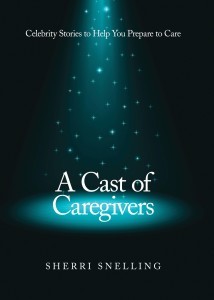 To read more about nutritional needs for seniors and family caregivers, get Sherri Snelling’s book, A Cast of Caregivers – Celebrity Stories to Help You Prepare to Care.
To read more about nutritional needs for seniors and family caregivers, get Sherri Snelling’s book, A Cast of Caregivers – Celebrity Stories to Help You Prepare to Care.
You can also read Sherri’s other blogs about nutrition for caregivers and senior loved one’s nutritional needs:
Caregiver Weight Connected to Breast Cancer Risk
David Murdock – 90-year-old billionaire and caregiver
The Osmond Family’s Greatest Act – Winning the Daily Battle Against MS
How You Can Combat the Senior Hunger Crisis
©2015 Sherri Snelling

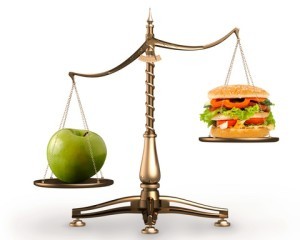

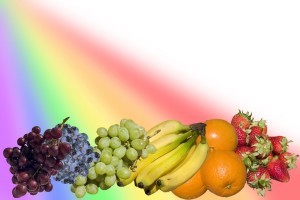
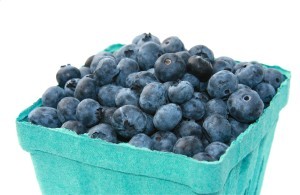

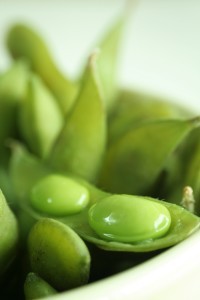

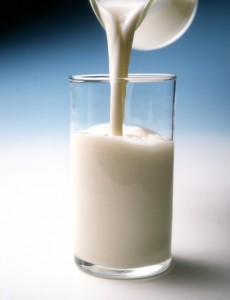



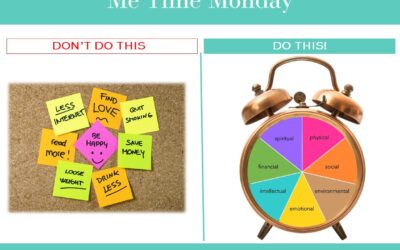
0 Comments
Trackbacks/Pingbacks